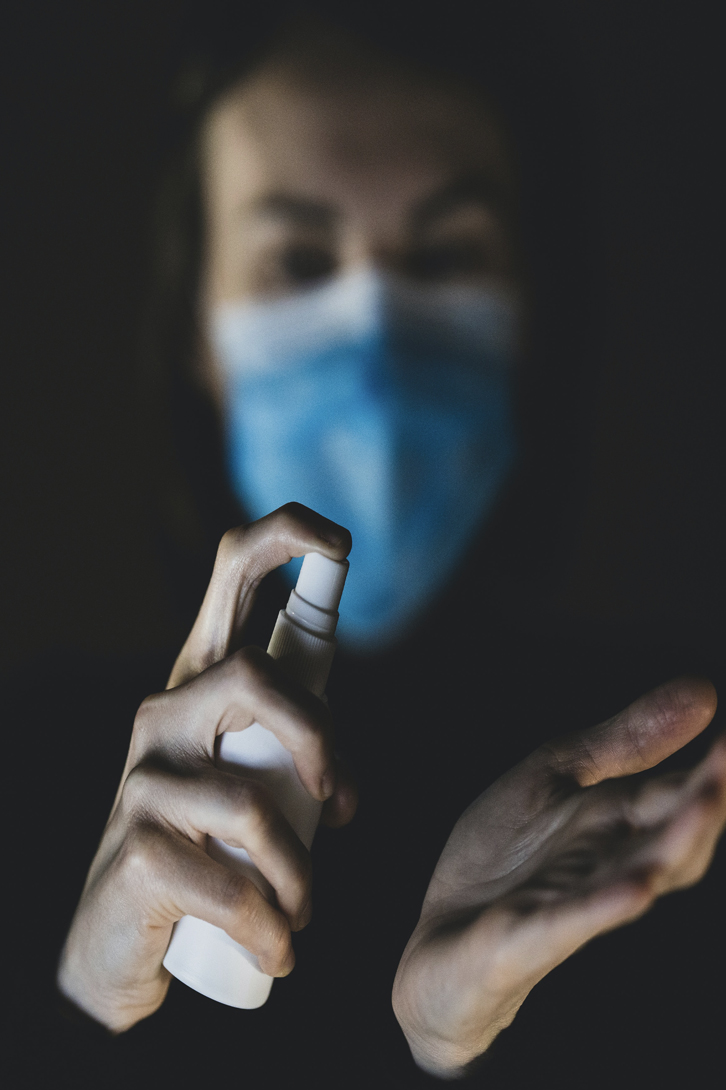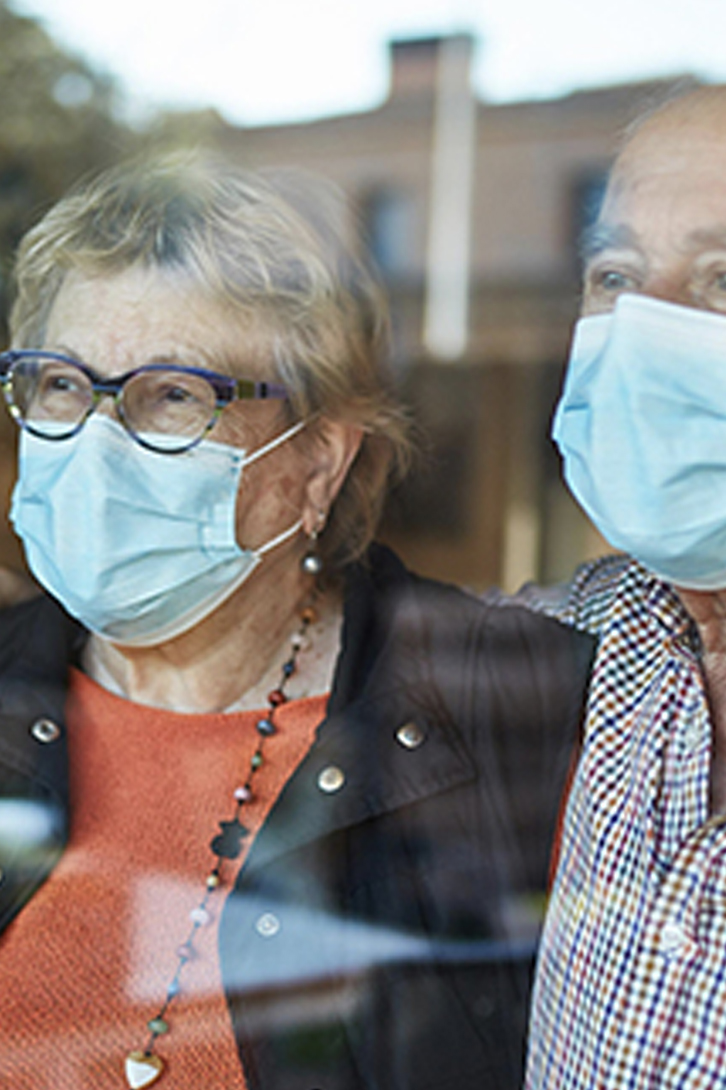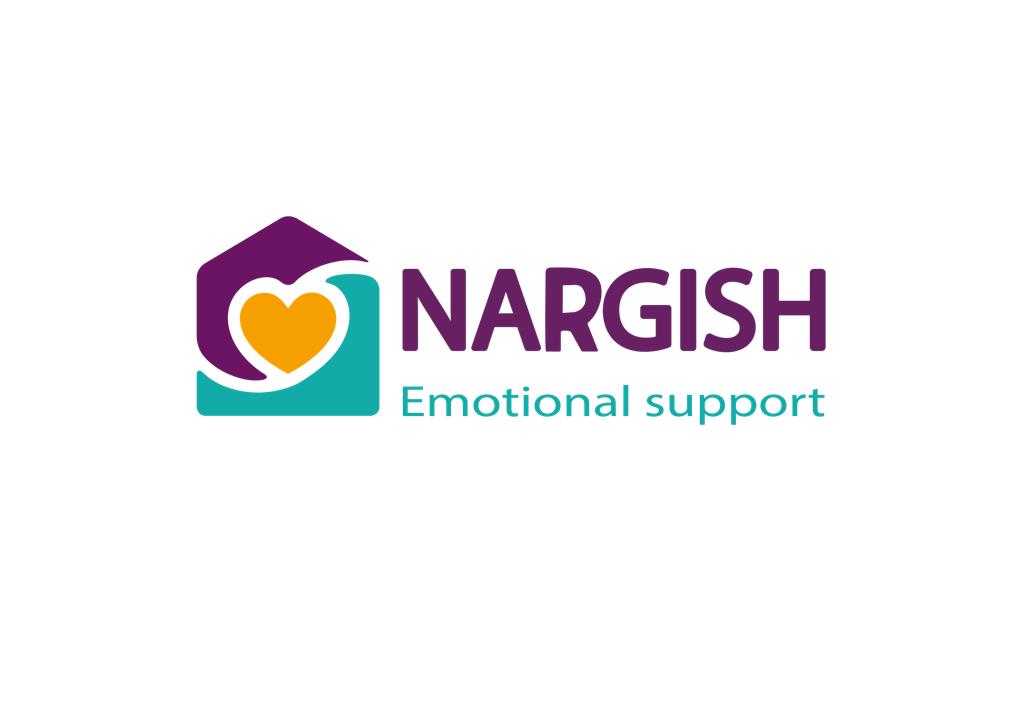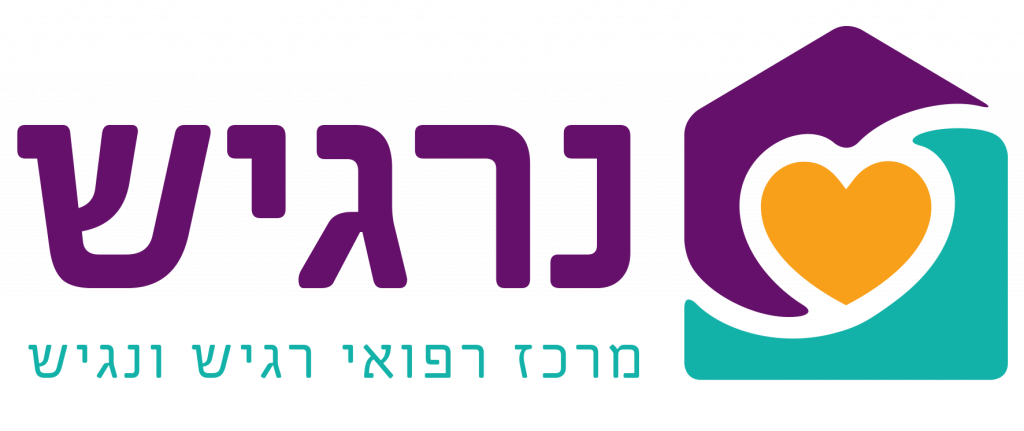Today, “Long Covid” is a common term according to all medical professionals. This term was born in light of the direct impression of competent authorities who treated those affected by the coronavirus pandemic and those around them. In fact, even if a person or a family member did not contract the coronavirus, this does not mean that they are exempt from the symptoms of the damage, known today in the professional term “Long Covid”. All the more so, for those who contracted the coronavirus and recovered but still feel like the virus has not left their minds and emotions.
Therapists and those infected with the virus both say that the side effects of the virus continue for months, and perhaps even longer, after they recover from it. The pain on the one hand can result from untreated medical problems like fatigue, shortness of breath, scars, joint pain, loss of sense of smell, and even injury or damage in internal organs. On the other hand, these can also be the result of unexplained psychosomatic pain, as evidenced by coronavirus patients who call them “the silent symptoms”. In addition to all these, there are those who say they knew they are the ones who have infected the rest of the family, neighbors, friends, even children of others, and as a result, not only do they feel guilty and anxious both for themselves and for others, but they also found themselves and their family members as accused of spreading the virus or of unjustified direct infection.
Sometimes this attitude can be destructively combined, both in terms of personal and family emotional coping, and in terms of social coping. There are also known cases of actual exclusion of individuals and even families, including children and youth.
At “Na(r)gish” we invite every person, wherever they are, if they are ill or family members of a struggling person, to come and get the necessary tools to positively deal with these feelings and difficulties, thus adapting to a better life with the virus, even if it has left the body, and not feeling alone or guilty, because there is really no reason for that. This will make the overall coping process healthier for the patients and also for their families who also find themselves in distress, even if they have never contracted the virus themselves.









